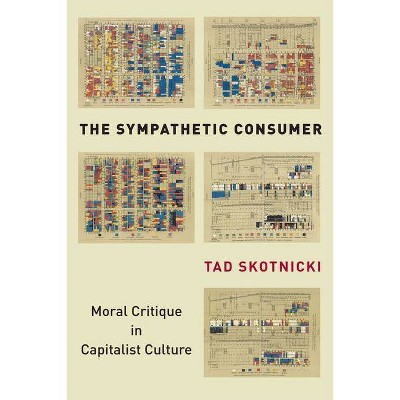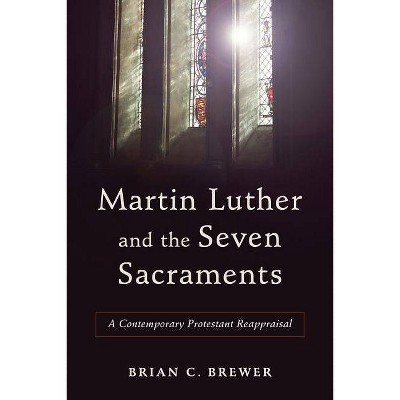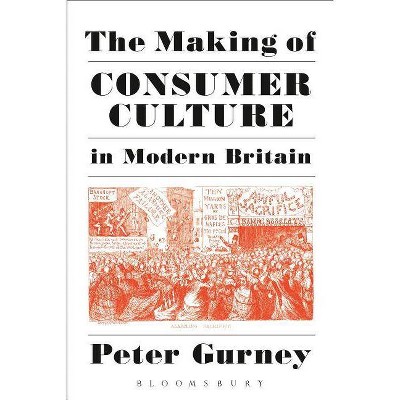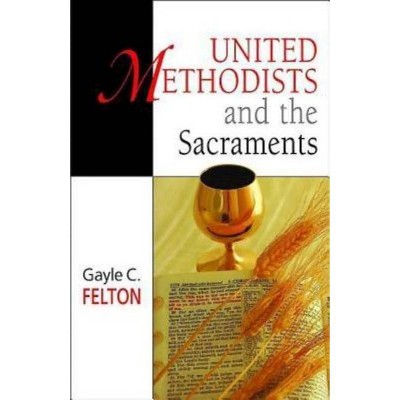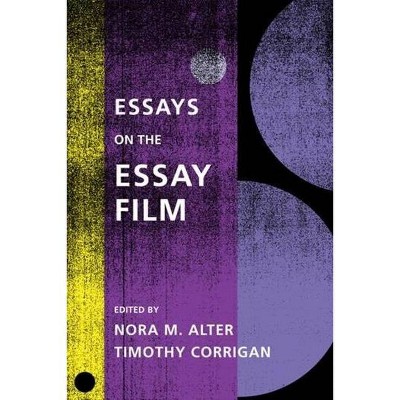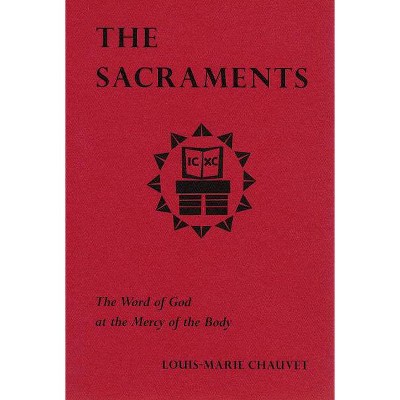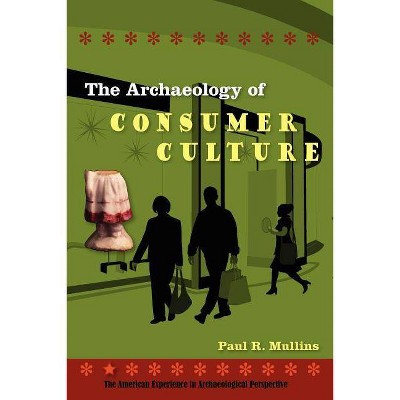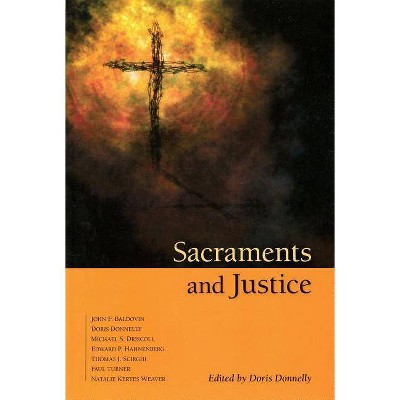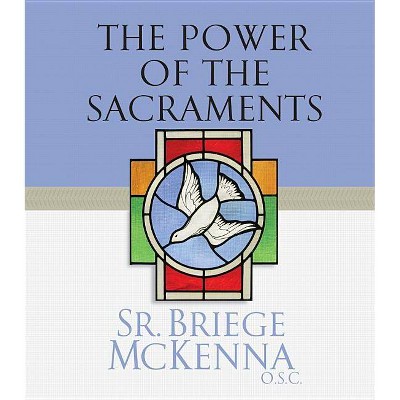The Sacraments and Consumer Culture - by Timothy Brunk (Paperback)
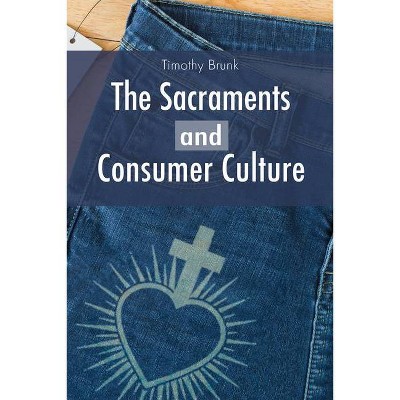
Similar Products
Products of same category from the store
AllProduct info
<p/><br></br><p><b> About the Book </b></p></br></br>"An examination of how consumer culture has had a corrosive effect on the seven sacraments of the Catholic Church, also assessing how sacramental worship can provide resources for responsible Christian discipleship in today's consumer culture"--<p/><br></br><p><b> Book Synopsis </b></p></br></br><p><b><i>2021 Catholic Media Association Award first place award in sacraments</i></b> <p/> What does consumerism have to do with the sacraments? We live in cultures where our senses of meaning, identity, and purpose are often found in what we purchase. Apart from the question of hedonism, there is the question of how we orient ourselves in an environment in which we end up marketing our very selves. In this book, Timothy Brunk examines how this consumer culture has had a corrosive effect on the seven sacraments of the Catholic Church. He also assesses how sacramental worship can provide resources for responsible Christian discipleship in today's consumer culture.</p><p/><br></br><p><b> Review Quotes </b></p></br></br><br>"This an eye-opening treatment of the relationship between the social dynamics of our culture and the embedded practices and understandings of the sacraments. It will change how the Church understands, catechizes and celebrates the sacraments." <br><b>Catholic Media Association</b><br><br>"Consumerism is the air we breathe, enveloping and influencing us in often invisible ways. Timothy Brunk draws on some of the best scholarship on consumer culture to analyze both how it changes our view and practice of the sacraments, and also how the sacraments provide a counter-culture that corrects consumerism's distortions and some ways in which we each can do so even better." <br><i><b>Catholic Books Review</b></i><br><br>"Christian sacraments only exist in the practice of real parishioners, living the faith in social environments affecting and even dominating their response to the Gospel. Timothy Brunk invites us to reflect with him on two decades of theological criticism of the pervasive consumerism of our time to assess the problems it poses to our participation in the graces each sacrament affords. Brunk's expert enlistment of historical and contemporary theological sources on the sacraments provides readers greater knowledge and insight for more effective pastoral-liturgical practice." <br><b>Bruce T. Morrill, SJ, Vanderbilt University</b><br><br>"Consumer culture poses one of the most comprehensive and subtle challenges to Christian faith and discipleship. While many books have offered general accounts of this tension, <i>The Sacraments and Consumer Culture</i> focuses on each sacrament: the challenges that each face in a consumer culture and the resources they provide for the Church to live its mission more fully. Along the way, Brunk considers both the history and contemporary practice of the sacraments. This helpful book speaks to both academic and pastoral audiences." <br><b>Vincent Miller, author of <i>Consuming Religion: Christian Faith and Practice in a Consumer Culture</i></b><br><br>"This book reads as a compelling plea for deep connections. In an era where advertisements and commercialization are no longer dominating the world of trade only, but also the areas of politics, education, and health, and where the commodification of the life-world slowly but surely reaches a certain level of absurdity, Brunk proposes to take a step back and thoroughly rethink the relation between Christian faith and culture. He lucidly observes that there have been perilous evolutions in society which have alienated us from the cosmos, from God, the Church and, most saliently, and tragically, from each other. The response to what he describes as consumerism and its concomitant individualism is, however, not massive rejection but subtle discernment. Brunk brilliantly shows how the built-in sacramental principle of Christianity offers an enormous but virtually unexplored potential to uphold a truthful vision where emptiness rules, to undermine rhetoric without love or against life, and to promote solidarity in misery. Put differently, the gist of Brunk's book is as sagacious as it is thought-provoking in today's world: sacraments establish much deeper connections than any consumerist ideology is capable of." <br><b>Joris Geldhof, Faculty of Theology and Religious Studies, Katholieke Universiteit Leuven, Belgium</b><br><br>"Timothy Brunk's scholarly yet accessible book shows how Roman Catholic sacraments today are, like most of us, tangled up in consumer culture--but how sacraments also retain the power to resist and overcome consumerism. Brunk's confidence in Catholic ritual life as a humanizing anchor in a dehumanizing culture should provoke lively conversation, especially among lay and ordained ministers, about the staying power of sacraments and the cultural relevance of Catholic ritual." <br><b>Tom Beaudoin, Fordham University?</b><br><br>"Living as we do in a time of heightened confusion at the intersection of Christ and culture, Timothy Brunk's book is an urgent, insightful, and compelling reexamination of the church's sacramental practice forming Christian identity, even as that practice must contend with a profoundly influential and not-so-innocent consumerist culture." <br><b>David B. Batchelder, Pastor, West Plano Presbyterian Church, and Consultant for Commissioned Ruling Elders, Grace Presbytery, Presbyterian Church (USA)</b><br><br>"This expertly researched text provides an insightful and practical guide to help Christian churches navigate the complex threats posed by consumer culture. Treating each sacrament in turn, Brunk enumerates the ways that consumerism has deformed many worship practices. While Brunk's lucidly describes the way our own consumerist desires have damaged the way we celebrate the sacraments, he also equips the reader with the historical and textual resources to confront these problems. By providing clear and practical suggestions, this book offers the church a way forward in its ongoing struggle against rampant consumerism. This book is an essential read for all ministers and for anyone who wants to deepen their love for the sacraments." <br><b>David Farina Turnbloom, University of Portland</b><br>
Price History
Cheapest price in the interval: 21.99 on November 8, 2021
Most expensive price in the interval: 21.99 on December 20, 2021
Price Archive shows prices from various stores, lets you see history and find the cheapest. There is no actual sale on the website. For all support, inquiry and suggestion messagescommunication@pricearchive.us
